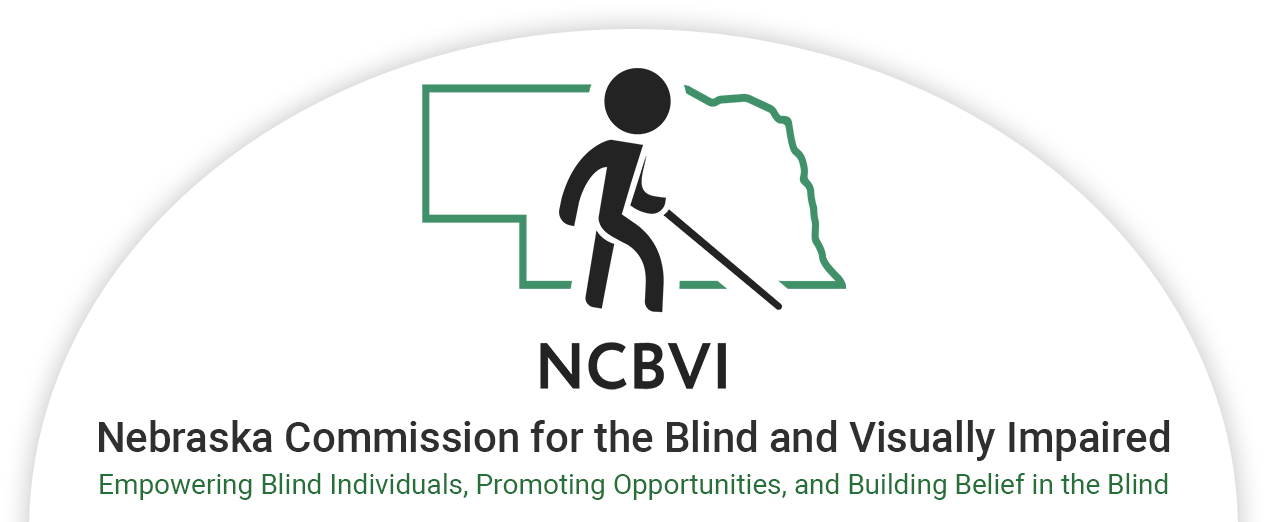All State Offices will be closed today.
Thanksgiving Day Holiday
All State Offices will be closed today.
Veteran's Day Holiday
All State Offices will be closed today.
Columbus Day Holiday
All State Offices are closed today.
NCBVI Commission Board Meeting
Omaha State Office Building, Omaha, NE
NFBN Convention
Ramada Inn, Columbus, NE
Labor Day Holiday
All State offices are closed today to observe Labor Day holiday.
Test
Test

